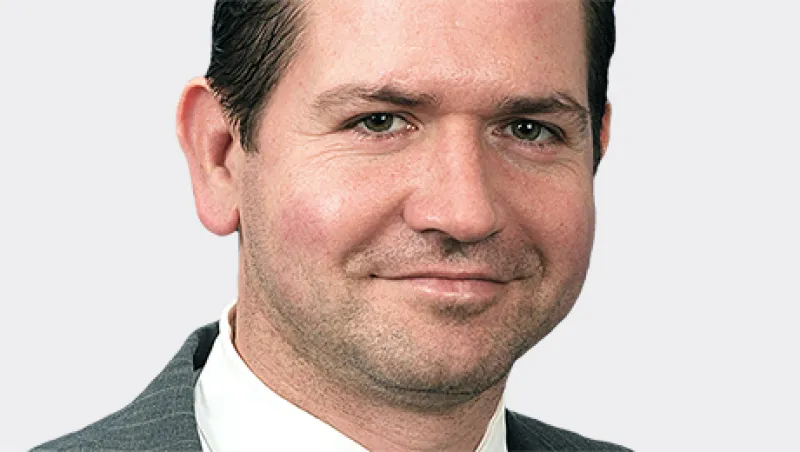
Citi’s Phil Drury Makes a Play for European Capital Markets
As new head of EMEA capital markets origination, the former pro rugby player aims to push the bank to the top of the league.
David Rothnie
October 27, 2015


